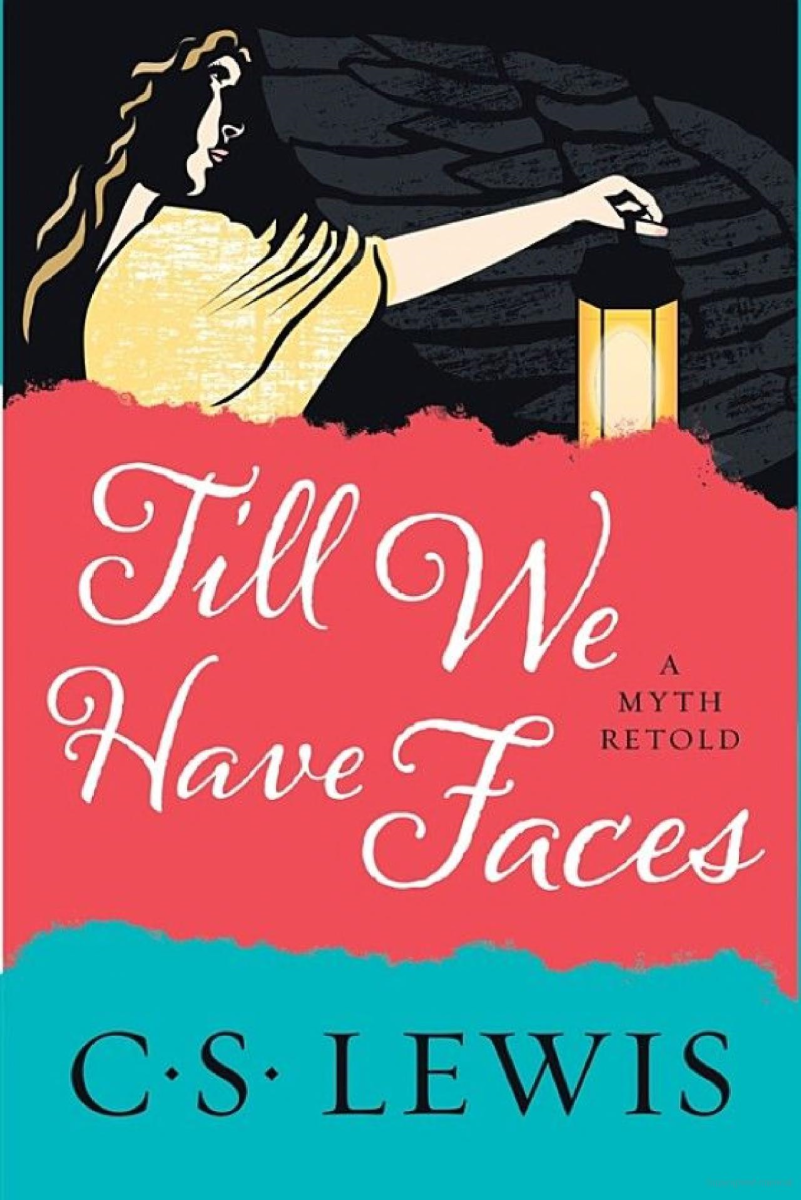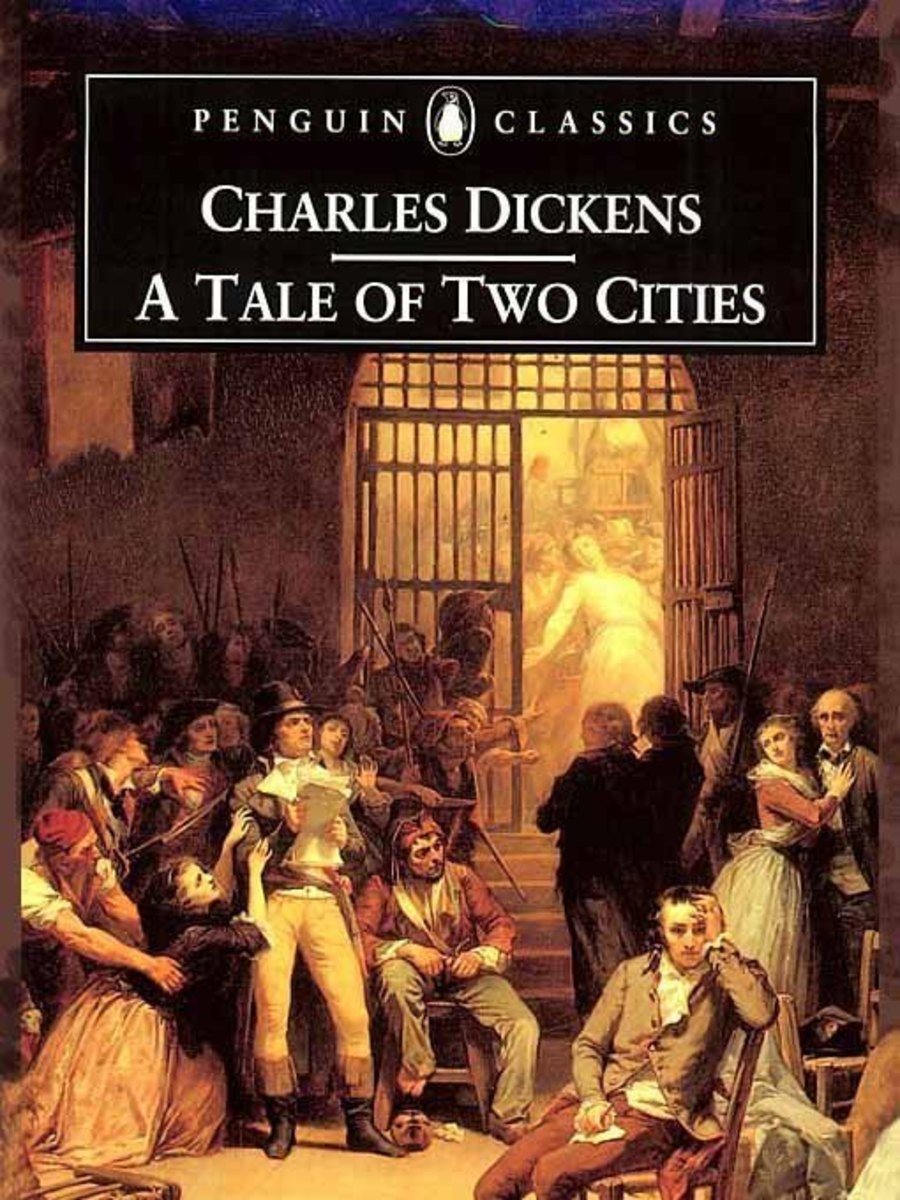Book Review of "The Heat of the Day" by Elizabeth Bowen
Rohan Maitzen describes the book, “The Heat of the Day” by Elizabeth Bowen as ‘evocative’ and ‘atmospheric.' The novel brings out the apprehensive, oppressive nature of a universe that has been literary besieged in all aspects including in moral and psychological sense. What impressed her most about this book was its focus into something abstract and intangible, rather this actual world. Additionally, the author’s style of writing is intrusive. Nonetheless, the author has been quite economical with the plot, and takes some time to generated suspense as anyone would expect in a novel whose theme is based on a character who is being accused of being an enemy spy. The emotional aspects of the book were either intellectualized or too indirect to prompt tears or laughter. In the novel, the sentence structure is complex, making it difficult for the audience to comprehend what is being passed across. This necessitates them to figure out what they are reading throughout the entire session.
Rohan Maitzen says Bowen’s work is too complicated to be understood by slower minds. It is therefore, important that the audience pays close attention to impenetrable parts in that literature particular, areas that cannot directly said directly by the people. There is hidden meanings that lie behind seemingly harmless phrases and actions, for example, alongside the danger of mistaking casual fluency for accuracy and honesty resulting to insufficient truths. The novel seems to navigate murky verbal territory, especially given it was written during the time of war, the narrator is unable to have an open conversation or emotions, and the audience is made to figure out for themselves that message the author is putting across.
Once the one narrator in the “The Heat of the Day” begins to speak, the audience gets a clearer language context to understand the context in which the character is placed on. For instance in a paragraph where Robert and Stella are seated on a coffee table, was a suggestive way of presenting the reasons the book has written in the first place. In essence, the scene indicates the main components and structures of the book and explains why these were chosen. The restraint they usually met for coffee had been bombed, Stella could not believe this incident. She thought she was having a nightmare; she describes her feelings as going to rendezvous inside a book despite Robert being fictitious.
The two face choices that are meaningless to their identities and time. Stella has think hard on her next move after suspecting that her lover could be a spy. In this context, “Stella” loses sense of time and does not know which period she is under. Her feelings, thoughts, and experiences are intertwined. To be able to understand her actions, it is important for the audience to a gather as much information on her feelings and thoughts, not forgetting the environment the two are moving in or being shaped by it. The obvious reasoning would be; leaking of sensitive information to the adversary can only occur when there is disagreement. However, it is certain that other issues could be inherent than what meets the eye. First, the link between political and personal loyalties, secondly, individual’s expectations of a family, and our identifications with our nation are some of the things that may be overlooked but could play a vital role.
The author has taken into the account of the style of the Victorian novel of writing that focuses mainly on the historical literature and how they relate to the present perspective. She puts emphasis on the both past and current occurrences, making it easier for her audience to follow. For example, the audience is perturbed by the non-figurative manner in which the author has presented the treason of Robert. The author is not clear on Robert’s motives leaving the audience to seek for clues from this particular book. It would be much easier if Bowen spelled out his reasons in a transparent manner, accurately and more particularly in a political sense. In essence, the words ‘Nazi’ or ‘German’ are not mentioned anywhere in the novel. Rather, the words used are mainly “they” or “adversary”. Roberts makes a blurred statement that people do not have the capability to manage their freedom. He says, “If a man is informed of being free, he will only try to go back to commit his initial flows. The irony of it all is that this is happening right now and will continue to do so.
Robert associates his disillusionment with the Dunkirk retreat: “I was on the off side of the war once, but that was not enough. Progressing slowly towards Dunkirk, soon afterward the war was over. The army of the freemen lining up to sail off pleasure boats” (Bowen 22). But his complaint is not accurate in regards to political statement. Moreover, his statements do not relate to any historical or political contexts. From the over paragraphs (Maitzen 78) concludes that the theme of a spy failed to live up to its expectation. For instance, the author did not bring out the general aspect of loyalty or betrayal, raising the question of how and why loyalties are formed, not just a case of betraying Allied secrets to the Nazis. According to Maitzen, Robert’s case was more of sensitive or visceral issues than political, although he was mysterious as a character for the audience or even Stella to comprehend the main focus.
The novel raises more questions in regards to its inconsistencies in pattern flow. For instance, there is another plot with Connie and Louie as the main character but which does not align with the rest of the novel. One may argue that Louie is there partly for the reason that he may be an observer to another story. For instance, the letter Connie writes to Louie informing him of her pregnancy is a clear reverberation concerning lives affected by the battle to the extent of despair Connie’s letter reads in part, “Judging others is of no use, you must first put in mind what could be the likely cause of their action,” (Bowen 56), this juxtaposition illustrates the central theme of this novel which is loyalty and love. For instance, Harrison is unsettled partly because nobody can put a trace on where he lives. Also, Harrison has something weird about his moral compass, he, for instance, attempts to coerce Stella into an intimate relationship, but eventually, he appears to be a different person, stable, more appealing. Stella, on the other hand, her life is full of errors, causing another scandal as when Robert emanates from her flat bringing her character into doubt.
According to Whitehead and White, in the book “The Heat of the Day,” Bowens assumed that her audience already knows about places or time her character inhabits, the places in and time are real forces in a novel. For instance, the ‘tired physical smell of London’ in the darkness of the blackouts not forgetting the clear difference night bombing and light-hearted relief people felt during the day. To the characters in the book, London is a place of nightmares, danger and dodgy home and encourager of love. According to (Whitehead and White), the book itself is a causality of war, damaged in some locations, with verbs and articles omitted not forgetting odd breaches of idioms: contortions which catch the distortions of the time. He concludes by saying that novel is capable of inducing precisely the excitement and anxiety lurking at its hearts.
On my perspective, the book “Heat of the Day” by Elizabeth Bowen is complex but captivating. I had to read it slowly taking into account the hard parts to understand it. The book is a love story in London during the Second World War. The story is full of slow, contemplative passages rich with exciting, precisely detailed features about our lives, touching on all aspect. For instance in the first chapter: “In this state, soaked by the rainfall; she felt her heels in pudding softness of the hot tarred the path, she smelt sweet aroma of the soil and heard it being sucked by the rain water” (Bowen). The book is interesting but requires a calm mind, what stood out me was the description of London during the war in the fifth chapter because the setting is what inspired me the most. For those wishing to read the book: you have to be patient because it is not an easy read but once you start reading it, your will find yourself completely emerged in it.








